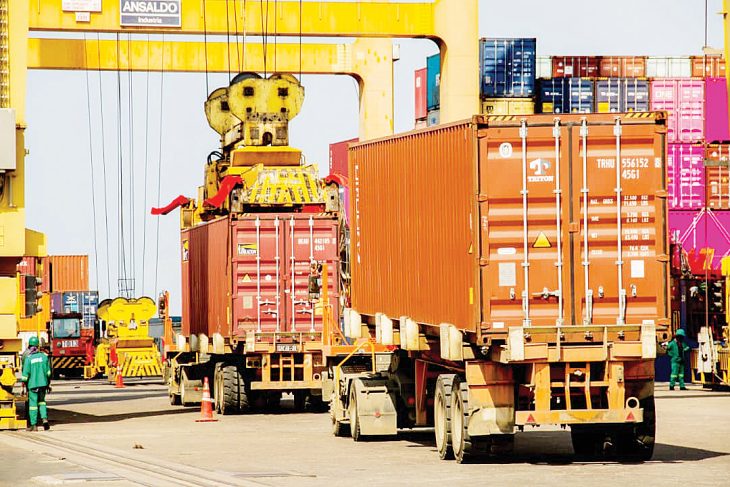
Malawi’s Trade Gap Swells: 23% Deficit Surge in First Half Sparks Concern for Local Businesses
Key Business Points
- Malawi’s trade deficit has widened by 23.3 percent in the first half of 2025, reaching $1.43 billion, primarily driven by a surge in imports, which rose by 20.4 percent to $1.71 billion.
- The country’s export earnings are dominated by agricultural commodities such as tobacco, tea, and sugar, and efforts to boost export diversification and domestic production are crucial to reduce vulnerability to external shocks and strengthen Malawi’s economic resilience.
- To improve its trade position, Malawi needs to improve its competitiveness and diversify its export base, as a widening current account deficit will continue to exert downward pressure on the Kwacha against currencies of Malawi’s trading partners.
Malawi’s business community is facing significant challenges due to the widening trade deficit, which has reached $1.43 billion in the first half of 2025. According to Nico Asset Managers’ Mid-Year Economic Report for 2025, the growing imbalance is primarily driven by imports, which have risen by 20.4 percent to $1.71 billion. Exports have also increased, but at a slower pace, rising by 7.7 percent to $0.28 billion. The report notes that the persistent expansion of the trade deficit highlights Malawi’s dependence on key imports such as refined petroleum products, fertiliser, and industrial machinery.
The World Bank’s latest Malawi Economic Monitor also projects that the country’s trade deficit will widen to $2.3 billion this year, as imports continue to outpace exports. The bank forecasts that Malawi’s exports will reach $1.79 billion in 2025, up from $1.4 billion recorded in 2024. However, imports are expected to surge to $4 billion, creating a substantial gap in the country’s trade balance. This widening trade gap reflects ongoing challenges in boosting export diversification and domestic production, which could help reduce vulnerability to external shocks and strengthen Malawi’s economic resilience.
To overcome these challenges, Malawian entrepreneurs and businesses need to focus on improving their competitiveness and diversifying their export base. As Vikinthu za malawi (Malawi’s economy) continues to face significant challenges, it is essential for businesses to zingatira (consider) the importance of export-led growth and kuwongolera (diversify) their products and services to reduce dependence on traditional exports. By doing so, Malawi can reduce its trade deficit and improve its economic resilience, ultimately leading to tsogolo linali la mphatso (a brighter future) for the country’s business community.
What are your thoughts on this business development? Share your insights and remember to follow us on Facebook and Twitter for the latest Malawi business news and opportunities. Visit us daily for comprehensive coverage of Malawi’s business landscape.
- Malawi’s Bold Rate Drop: Powering Business Growth & Investor Confidence - February 6, 2026
- Malawi’s K4.6tn Trade Deficit Surge: Business Implications in a Shifting Economy - February 6, 2026
- Malawi Spain Strategic Agreement Powers New Business Opportunities - February 6, 2026
